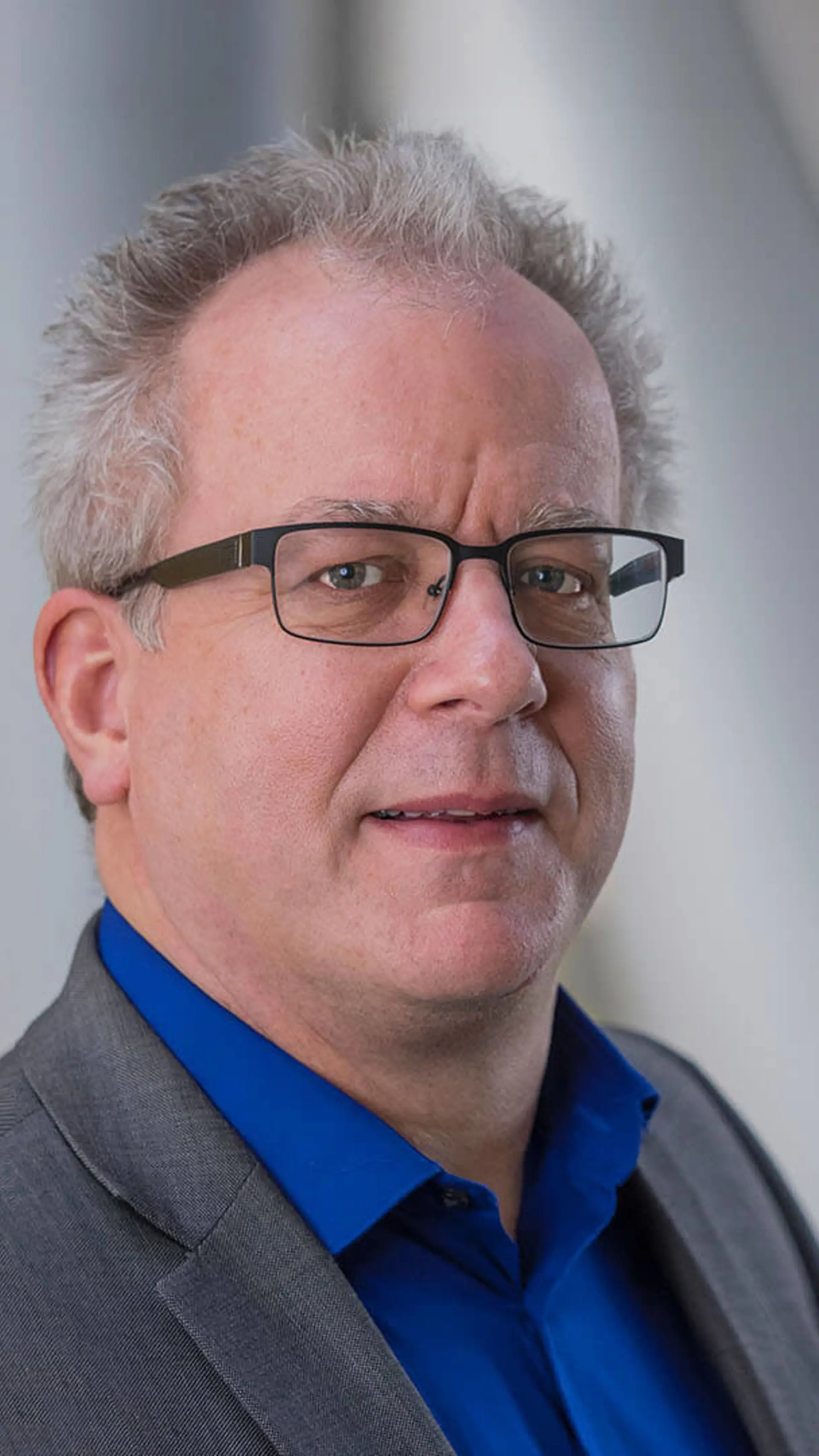
Richard Yonck
5.00 of 5
Top rated!5 of 5
Recently we organized the first-ever Emotion AI Summit: featuring 28+ speakers and 300+ attendees at the MIT Media Lab. Richard joined tech leaders in the day-long event as a panelist on our “Future of AI: Ethics, Morality and the Workforce” panel. Richard helped make the Ethics of AI session one of my favorite of the event.”
Ashley McManus
Director of Marketing, Affectiva







